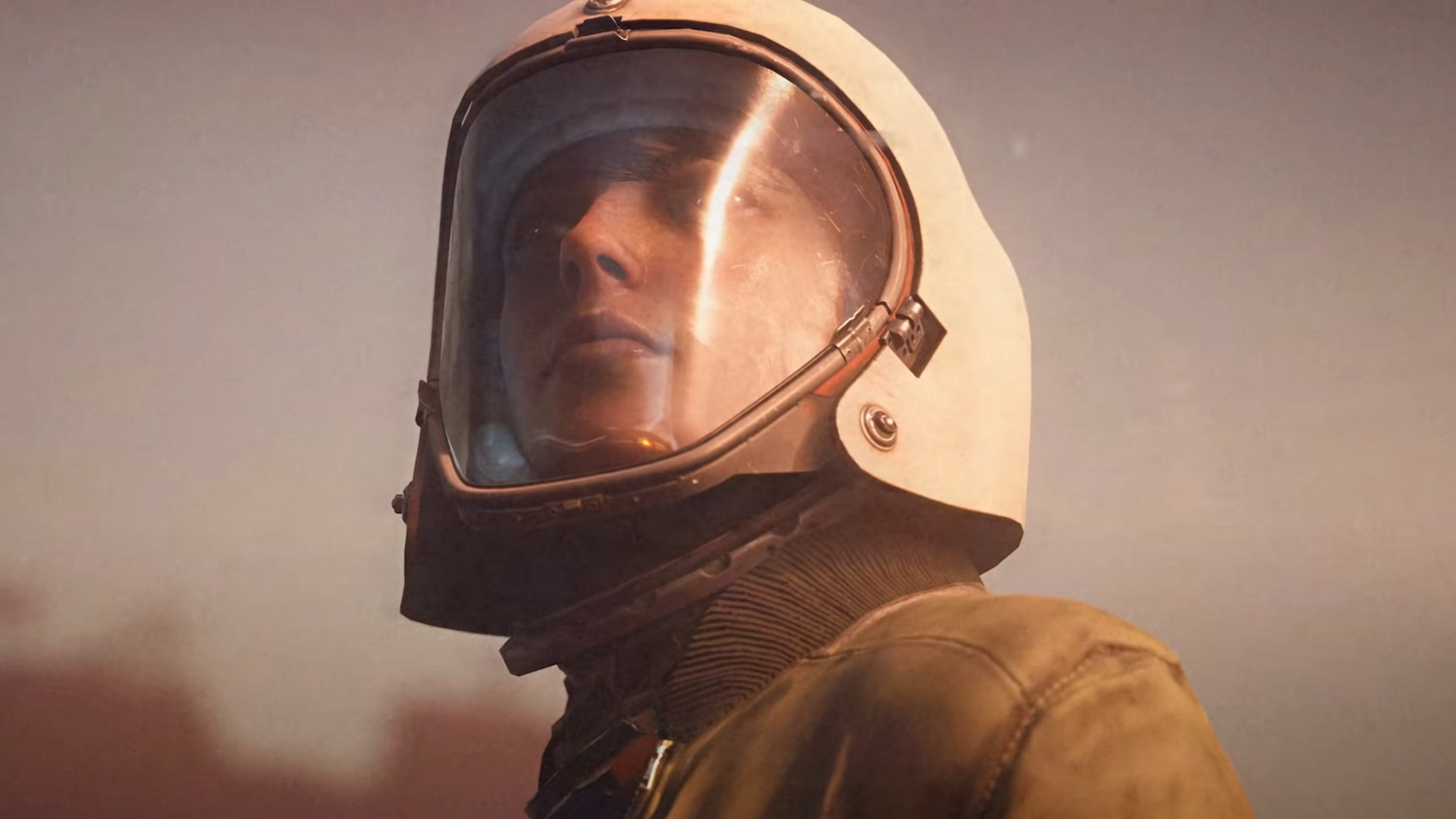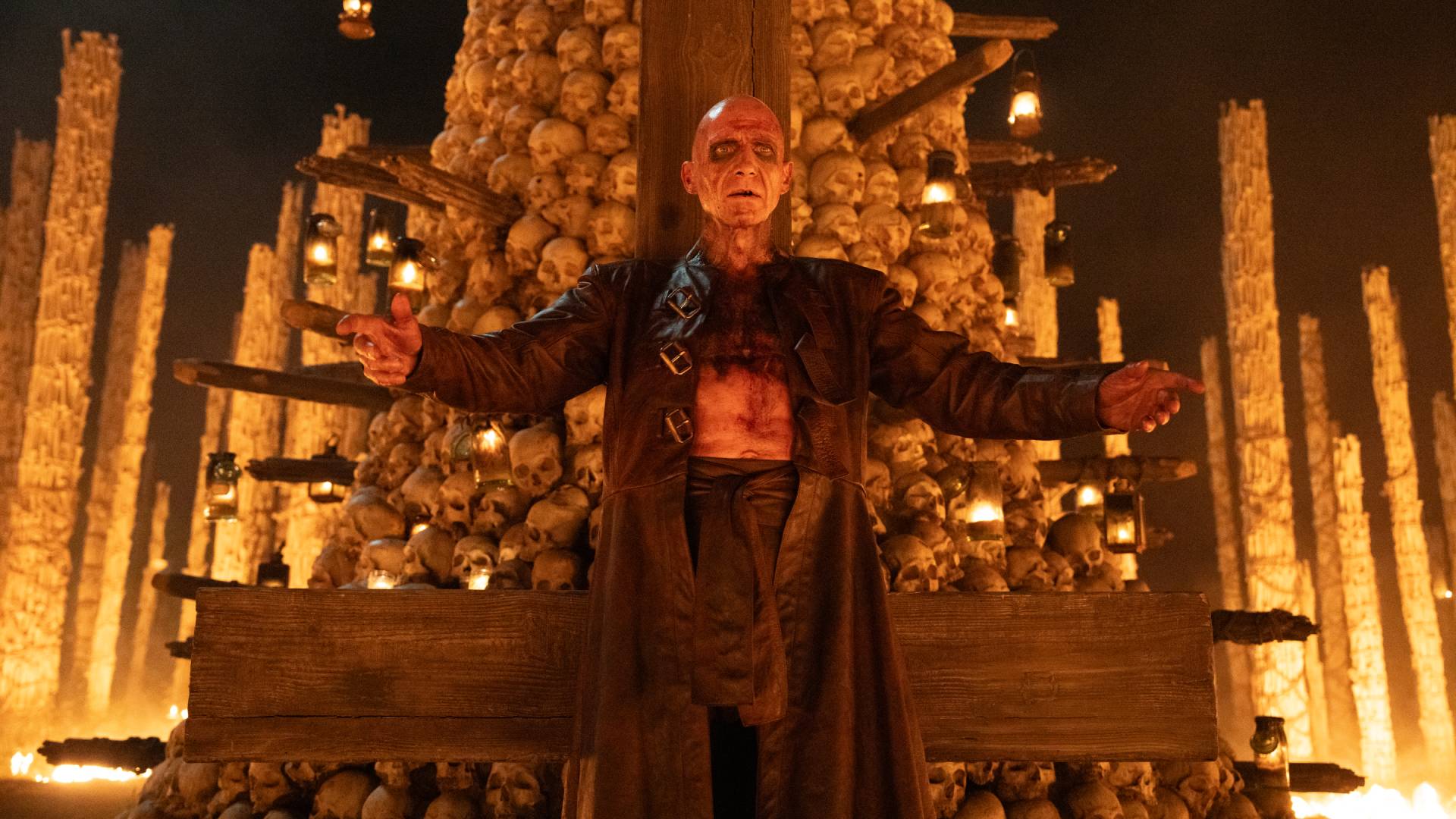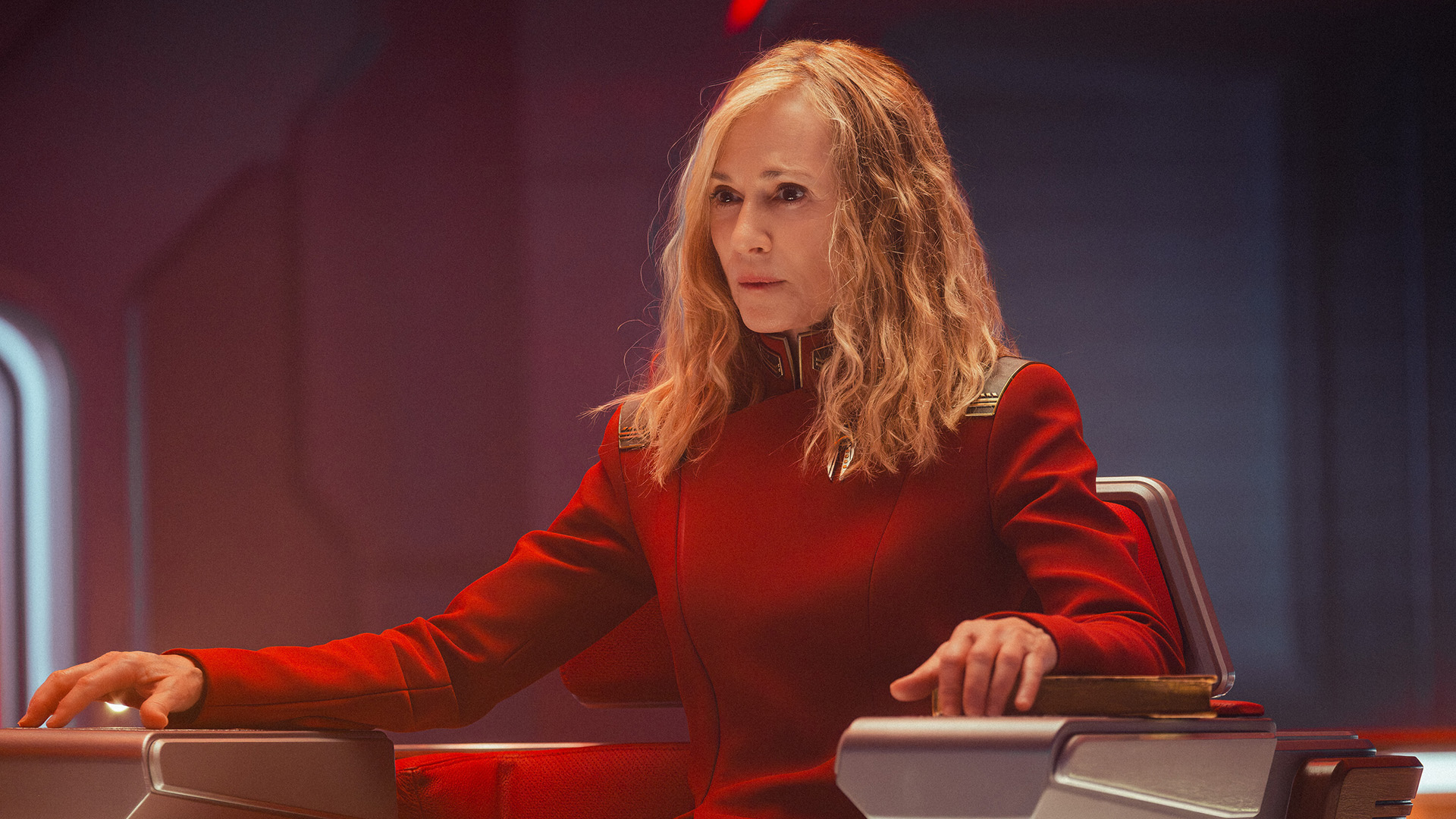Arc Raiders lead says games "can't be built by an AI" and "I hope they never can," but also "I want us to build content a hundred times faster" and AI might help with that part
"The human aspect is still essential"

AI-powered technology has undeniably been on the rise for a good few years now, sparking concerns over generative content and other such technological advancements – ones that are particularly on the minds' of both game developers and players.
Embark Studios, the team behind the exciting upcoming third-person extraction shooter Arc Raiders, is no exception. Just a couple of years ago, after all, the devs faced backlash over AI usage which they claimed helped them "work better and faster, and do more with less." The tech has been on the mind of CEO Patrick Söderlund since he worked at EA prior to leaving in 2018, in fact – he helped found EA SEED.
SEED, which is described as "a pioneering group within Electronic Arts," dedicates its time to investigating new tech. As Söderlund tells Edge in a recent interview, he recalls thinking while at EA: "The emergence of Al, reinforcement learning, machine learning, should completely change how this industry functions." He took this thought process with him to Embark, asking himself, "So, how can we [at Embark] be pioneers within that field?"
Implementing AI isn't about automating the creative process or removing the human touch from development, however. "The beauty of videogames, as with any artform, is that – at least so far – they can't be built by an Al," as Söderlund admits. "I hope they never can. The human aspect is still essential." It's more about the mechanical portion of development – the technological nitty gritty that may take away from time dedicated to the rest.
Söderlund sees AI as beneficial there, especially when there's a smaller team boasting big ambitions. He provides an example of a thought (one that resulted in a real-life experiment on Embark's behalf) of how this could work out: "What if, instead of having to hand-animate or use mocap for every single frame, we created a model, gave it physical attributes, then used AI to train it to walk?" In 2019, Embark posted a video online showcasing this very tech.
A post shared by Embark Studios (@embark.studios)
A photo posted by on
It impressively allowed for movement "without any manual animation work at all." A solid six years have passed since then, and new tech is here to prove it. "We've come so far now," as Söderlund says. "Let's say that you want a new weapon built in The Finals. We can take a video from YouTube, feed it through our tools and pipelines, and [produce] a 3D model of the weapon you had in that video."
While the AI work isn't "perfect," according to Söderlund, it certainly works well enough: "That might sound like wizardry and I would be lying if I told you that it's perfect – it isn't – but it works, and that output is something we can then work with." The studio's original plan was to create "content 10 times faster," apparently, but the CEO wanted to think bigger… much, much bigger.
Weekly digests, tales from the communities you love, and more
Söderlund remembers a past conversation with Embark co-founder Robert Runesson. "I know you're going to think that I'm a complete nutcase, but I don't want us to build things 10 times faster – I want us to build content a hundred times faster. If we aim for 10, we may get two, and probably can stay within the same parameters and just tweak. If your aspiration is to do something 100 times faster, you have to take everything you know and just throw it up in the air."
Why, then, has the production of Arc Raiders taken so long with multiple delays? "When I worked at EA, because we had the pressure to deliver a game on time – which is quite common, and everyone is faced with this – sometimes my solution was, 'Just put more people on it.' And on these large-scale productions, you end up having not a hundred people but eight, nine hundred, even a thousand people working on something."
This isn't the sort of process Söderlund wants Embark engaging in, though. "That obviously works, short-term, but it's arguably counterproductive to efficiency, and to controlling quality. Sometimes you just need time," as the lead explains. "It's not about money or people. It's about giving enough time to learn the things you need to learn. To test something, mine all the data, understand what happened. You can't really rush that."
His thoughts certainly make sense, although it feels fair to say the public probably won't change its mind about the role of AI within development – or any creative process, really. There are obviously variables at play, however, as Söderlund describes.

After spending years with her head in various fantastical realms' clouds, Anna studied English Literature and then Medieval History at the University of Edinburgh, going on to specialize in narrative design and video game journalism as a writer. She has written for various publications since her postgraduate studies, including Dexerto, Fanbyte, GameSpot, IGN, PCGamesN, and more. When she's not frantically trying to form words into coherent sentences, she's probably daydreaming about becoming a fairy druid and befriending every animal or she's spending a thousand (more) hours traversing the Underdark in Baldur's Gate 3. If you spot her away from her PC, you'll always find Anna with a fantasy book, a handheld video game console of some sort, and a Tamagotchi or two on hand.
You must confirm your public display name before commenting
Please logout and then login again, you will then be prompted to enter your display name.


